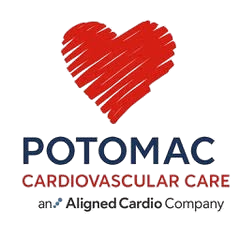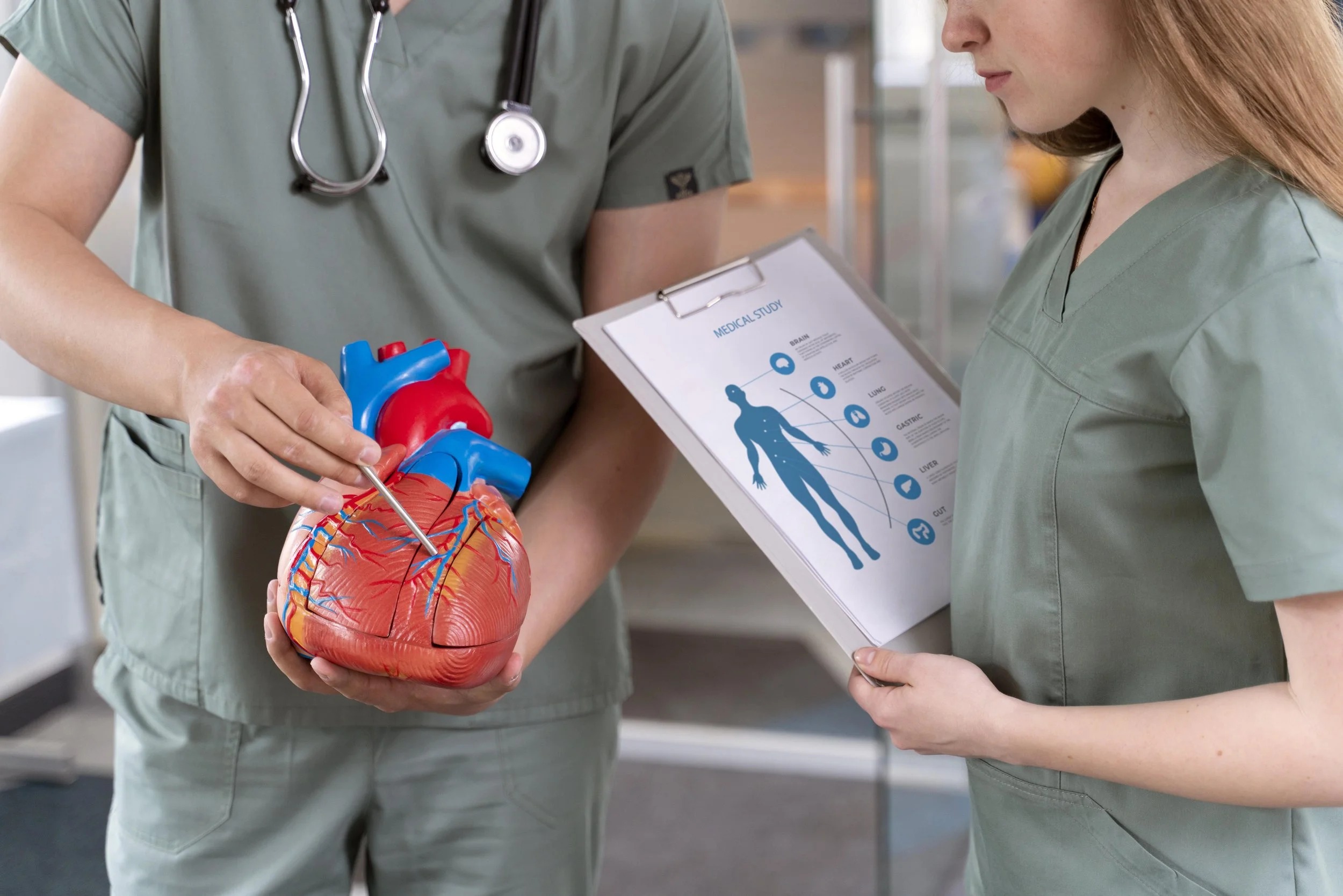

Comprehensive Heart Evaluation Services
Comprehensive Heart Evaluation Services
At James River Cardiology, we offer a wide range of advanced testing services to comprehensively evaluate the health of your heart and vascular system. Our state-of-the-art facilities and experienced team ensure accurate diagnosis and personalized treatment plans tailored to your unique needs. Here are the testing services we provide:
Diagnostic Testing:
-
Utilizing sound waves to create detailed images of your heart's structure and function, aiding in the diagnosis of various cardiac conditions.
-
Comprehensive evaluation of your heart's response to physical exertion, including various modalities such as:
Cardiac PET/CT: Combining PET and CT imaging to assess blood flow and detect coronary artery disease.
Nuclear Stress Test: Imaging test to evaluate blood flow to the heart during stress, helping diagnose coronary artery disease.
Stress Echocardiogram: Echocardiogram performed before and after exercise or medication to assess heart function and blood flow.
Treadmill Stress Test: Exercise test performed on a treadmill to evaluate heart function and detect abnormalities.
-
Non-invasive imaging technique to assess blood flow and detect blockages or abnormalities in the veins and arteries.
-
Continuous recording of your heart's electrical activity over a 24-48 hour period, helping diagnose irregular heart rhythms.
-
Continuous remote monitoring of your heart's rhythm over an extended period, providing real-time data for diagnosis of arrhythmias.
-
Implantable device for long-term monitoring of heart rhythms in patients with suspected arrhythmias.
Comprehensive Heart Evaluation Services
At James River Cardiology, we are committed to providing comprehensive cardiac care, from diagnosis to treatment, using the latest technology and evidence-based practices. If you have any questions about our testing services or would like to schedule an appointment, please contact us today.
Interventional Procedures:
-
Imaging tests to visualize the blood vessels of the heart and extremities, helping diagnose blockages or narrowing.
-
Minimally invasive procedures to open blocked or narrowed arteries in the heart or peripheral vessels, restoring blood flow.
-
Innovative treatment for aortic valve disease, replacing the valve through a catheter, avoiding open-heart surgery.
-
Closure of atrial septal defects (ASD) or patent foramen ovale (PFO) using minimally invasive techniques to prevent stroke or other complications.
-
Implantation of a device to reduce the risk of stroke in patients with atrial fibrillation who are unable to take blood thinners.
-
Procedure to treat atrial fibrillation by destroying or isolating the abnormal heart tissue causing the arrhythmia.

